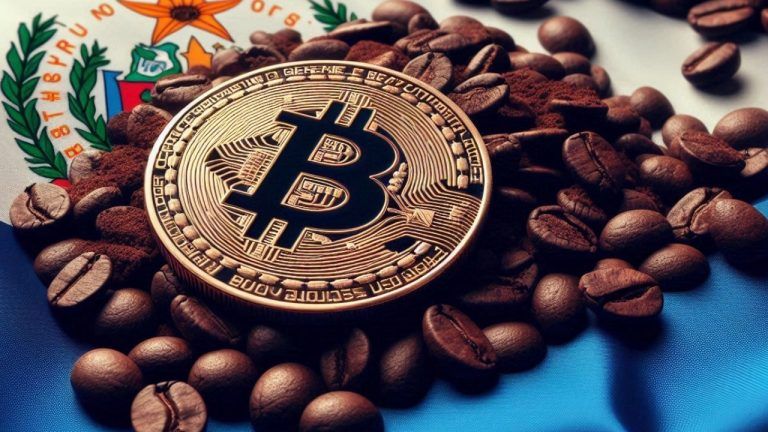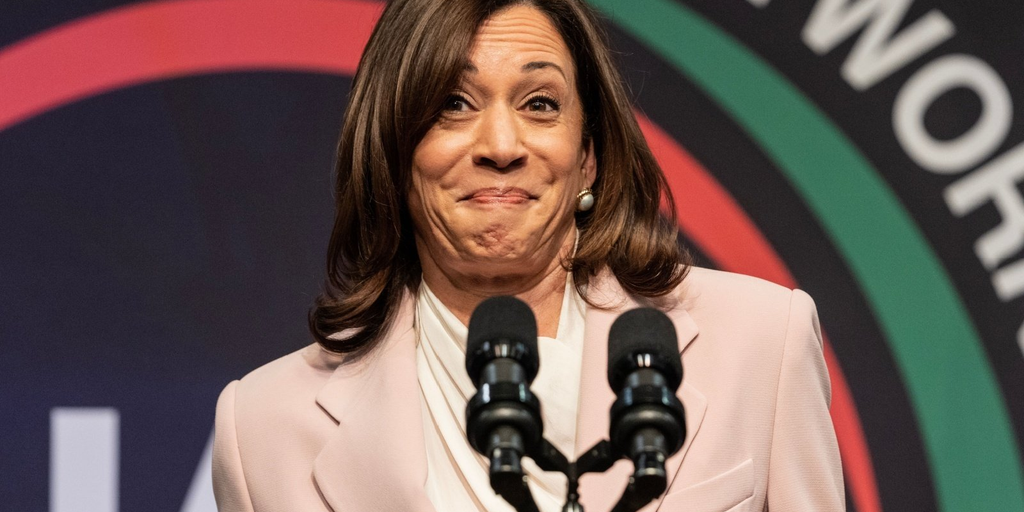The report captures Bitcoin’s unique value proposition while balancing its volatility and long-term potential. Through research and client engagement, BlackRock positions Bitcoin as a serious asset class worthy of consideration for institutional portfolios, especially as global financial markets face new challenges.
Bitcoin’s Role as a Global AssetThe foreword of the report introduces Bitcoin’s journey from obscurity to broader adoption, driven by a growing number of institutions. BlackRock underscores the digital asset’s fundamental characteristics: it is decentralized, non-sovereign, and has a fixed supply, making it an inherently deflationary asset. Bitcoin, unlike fiat currencies or other traditional investments, is free from central control and manipulation, positioning it as a hedge against inflation, currency debasement, and geopolitical risks.
The company has observed that Bitcoin’s adoption will likely be driven by concerns over U.S. fiscal sustainability, geopolitical tensions, and instability in global monetary systems. As the foreword concludes, BlackRock positions Bitcoin not just as a speculative asset but as a “flight to safety” option in times of market volatility and geopolitical instability.
Volatility vs. Long-term PotentialIn its key points section, BlackRock acknowledges Bitcoin’s inherent volatility but juxtaposes this with its potential to offer risk diversification. The cryptocurrency’s performance has been distinctly uncorrelated with traditional risk assets, such as equities and bonds, which makes it a potential hedge. Over the long term, Bitcoin’s fixed supply and decentralized nature lend credence to the idea that its adoption will only grow as global concerns rise around monetary and geopolitical instability.
The introduction emphasizes that Bitcoin’s unique characteristics make it a poor fit for traditional finance frameworks. BlackRock believes that over long time horizons, Bitcoin’s return drivers are distinct from those of equities, bonds, and other traditional investments. The risk, they argue, lies in not understanding the long-term value of an asset that remains fundamentally different from everything else on offer in traditional financial markets.
Why Bitcoin MattersBlackRock’s detailed breakdown of Bitcoin’s performance through historical crises—such as COVID-19, the Russia-Ukraine war, and U.S. regional banking crises—illustrates its resilience and growing adoption. Despite short-term negative co-movements with equities, Bitcoin has shown strong recovery patterns, often outperforming other asset classes like gold and equities over time. Its long-term performance chart shows exponential growth from 2010 to 2024, with steep drawdowns but even sharper recoveries.
The report explains why Bitcoin’s hard-coded 21 million supply cap, permissionless nature, and global accessibility make it a revolutionary financial asset. By removing intermediaries, the cryptocurrency offers a way to transport value across borders nearly instantaneously, a feature that no traditional currency can match.
Source: BlackRock
Flight to Safety in Times of CrisisBitcoin’s price performance during various geopolitical events reflects its emerging role as a global hedge. The report highlights major events like the COVID outbreak, the U.S.-Iran escalation, and the 2022 Russia-Ukraine war, showing how Bitcoin has frequently outperformed traditional risk assets during such periods.
Even when traditional markets, including equities, suffer, Bitcoin has demonstrated resilience and recovery. For instance, the August 2024 sell-off saw Bitcoin’s recovery outperform both gold and the S&P 500 in the aftermath of the Yen Carry Trade unwinding.
Source: BlackRock
Debt Dynamics and Bitcoin as a HedgeBlackRock’s analysis includes a deep dive into U.S. debt dynamics, highlighting how the rapid growth of federal debt has forced investors to seek alternatives to the U.S. dollar. In an era of rising debt, Bitcoin’s decentralized and deflationary nature is viewed as a potential hedge against the depreciation of the U.S. dollar. Investors are increasingly turning to Bitcoin as an alternative reserve asset to mitigate risks posed by the unsustainable fiscal policies of many governments.
This section draws attention to the accelerating growth of U.S. federal debt post-World War II and into the COVID pandemic. With U.S. debt expected to continue climbing, Bitcoin’s scarcity becomes an attractive feature for institutional investors.
Bitcoin as a Risky Yet Unique AssetWhile BlackRock underscores Bitcoin’s long-term potential, it is also quick to point out that Bitcoin remains a risky asset, particularly for those seeking short-term gains. As an emerging technology with regulatory uncertainty and market volatility, Bitcoin’s path to broader institutional adoption may be bumpy. However, the report argues that this risk is unique to Bitcoin and differs from those faced by traditional assets.
BlackRock believes that modest allocations to Bitcoin can have a diversifying effect on institutional portfolios, especially in environments of fiscal and monetary instability. However, they caution that larger position sizes will elevate Bitcoin’s standalone volatility, which could impact overall portfolio risk.
Conclusion: Bitcoin as a Unique DiversifierBlackRock’s final takeaway is that, despite its short-term volatility, Bitcoin presents a unique opportunity for institutional investors. As traditional markets struggle with rising geopolitical tensions and unsustainable fiscal policies, Bitcoin’s decentralized and finite nature positions it as a crucial hedge against potential financial disruptions. The presentation concludes by reinforcing Bitcoin’s role as a distinct asset class that offers diversification and hedging opportunities unavailable in traditional financial markets.
In summary, BlackRock’s report on Bitcoin reflects the growing institutional interest in cryptocurrency. By recognizing Bitcoin’s resilience, decentralized structure, and potential as a hedge against global economic instability, BlackRock provides a framework for incorporating this digital asset into long-term investment strategies, while acknowledging the risks and challenges along the way.

















